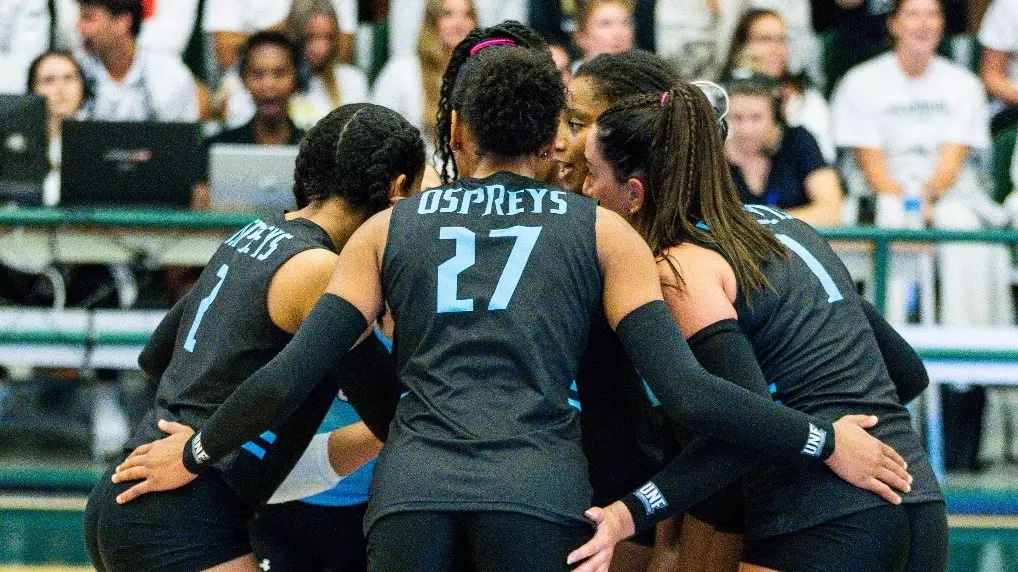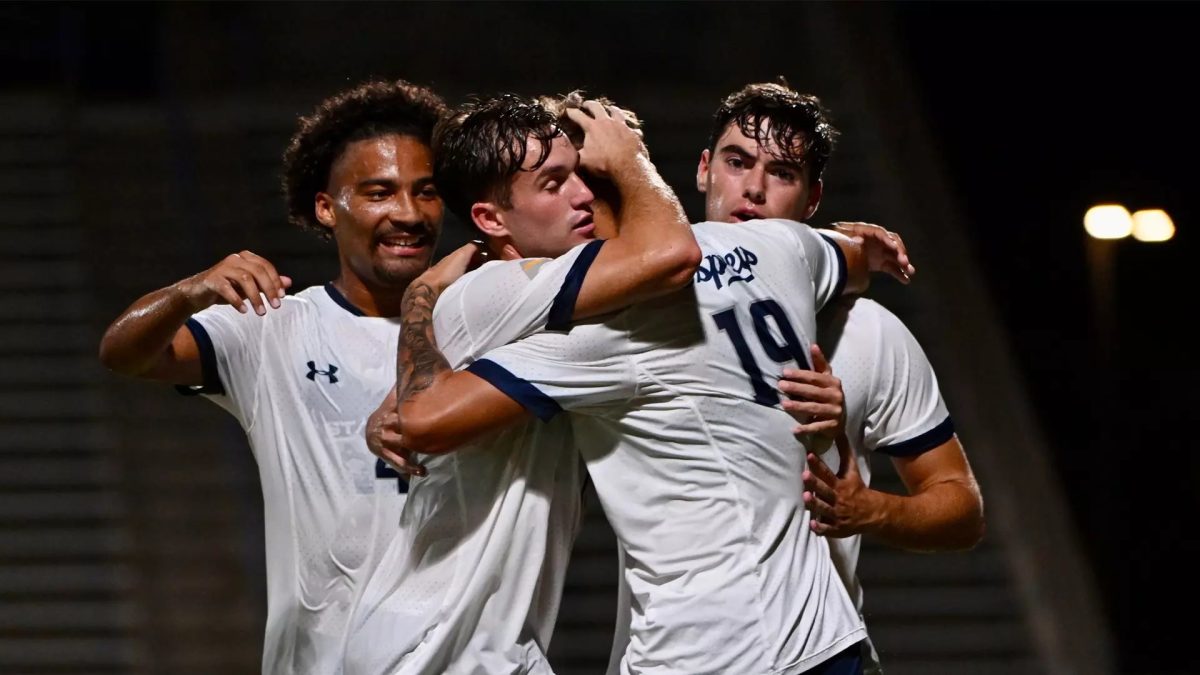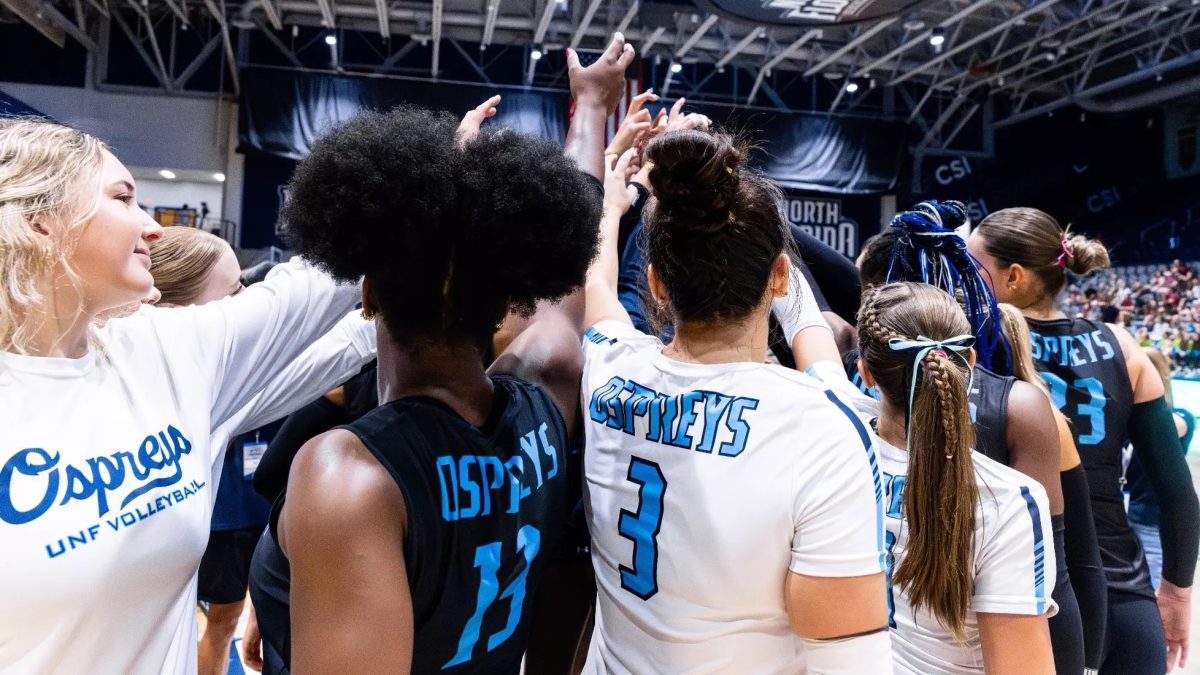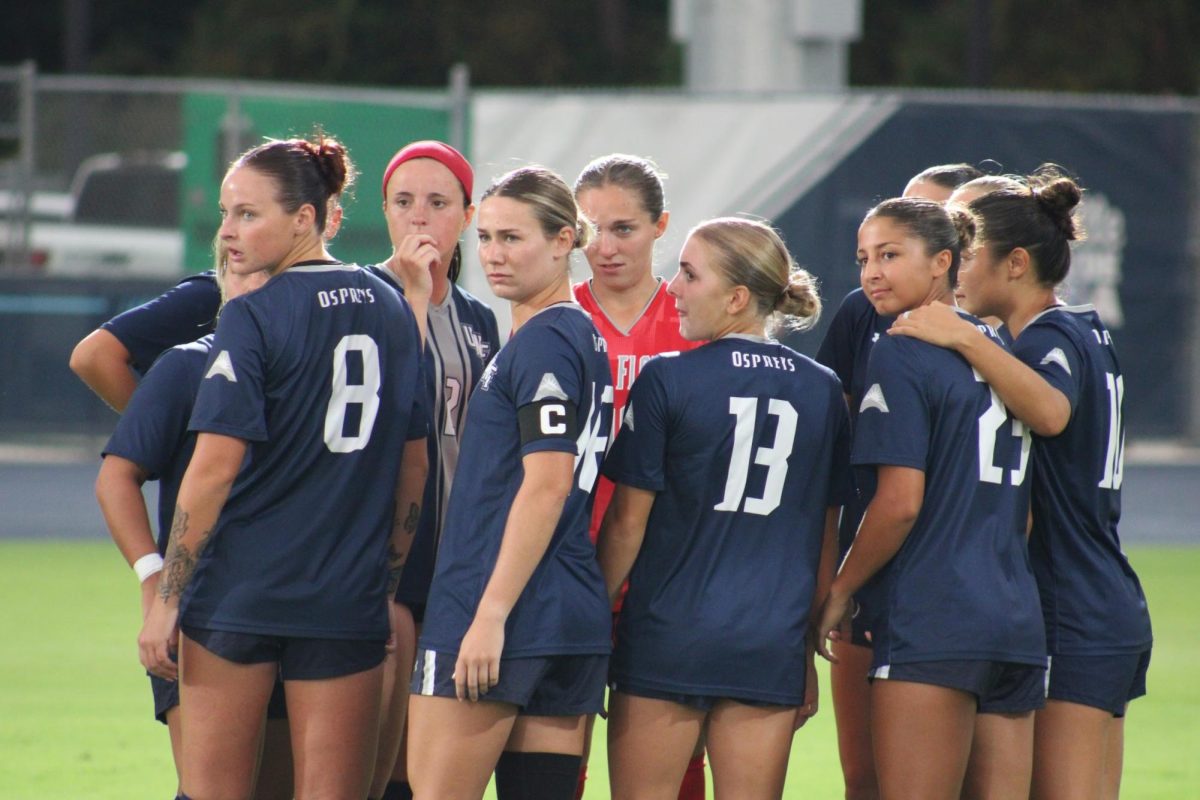By: Justin Chandler Porter, Contributing Writer
The eyes of the nation will be on UNF Jan. 26 for the last televised Republican debate, airing on CNN just five days shy of the Florida primary.
UNF’s Lazzara Performance Hall will become the center stage for national politics. Students are most likely already privy to the Grand Old Party’s upcoming visit.
The Florida Republican Party and CNN announced in October that Jacksonville would be the location for the next major televised GOP debate before the Jan. 31 caucus, although a specific location had not yet been selected.
Now, the nation’s spotlight shines on one of Northeast Florida’s largest performing arts venue after it was decided in late December that UNF’s Lazzara Performance Hall would house the event.
Sharon Ashton, assistant vice president of UNF, says CNN was “thrilled with the facilities.”
“When you balance that with the amount of national and international attention our campus will be getting, we’re really getting a great deal,” Ashton says.
UNF Associate Professor of Communication Dr. Brian Thornton said, “The debate on campus is likely to be chaos, especially with parking. But, if people see the campus on camera, they can’t help but see that many of the facilities are very nice, including the Lazzara Theater.”
Florida is the fourth presidential primary event in the nation, following Iowa, New Hampshire and South Carolina.
Potential nominees and their cavalcade of tour buses, reporters, supporters, journalists and security will grace the campus less than a week before registered Florida Republicans hit the voting booths Jan. 31.
CNN, CNN en Español and the Republican Party of Florida will sponsor the forum, which will air on CNN Jan. 26. The Hispanic Leadership Network, a center-right advocacy action group that works within Hispanic communities to promote beliefs of freedom and limited government, will co-sponsor the event.
Before continuing to Florida, bottom-tier candidates are likely to drop out due to the significance of the “First in the South” primary in South Carolina, scheduled for Jan. 21.
The Palmetto State is notorious for ensuring the demise or success of potential nominees, and will determine which of the remaining few will attend UNF’s debate.

South Carolina’s ballot will only have five names, including: (clockwise from top left) former House Speaker Newt Gingrich, former Massachusetts Governor Mitt Romney, Texas Congressman Ron Paul, former Pennsylvania Senator Rick Santorum and Texas Governor Rick Perry.
In September, there were more than 12 well-known contenders for the presidential primary, the majority of which have already renounced their White House bid, including: Minnesota House Representative Michelle Bachmann, business mogul Herman Cain and former Minnesota Governor Tim Pawlenty.
Most recently, former U.S. Ambassador to China Jon Huntsman announced Jan. 16 at the Myrtle Beach Convention Center he would no longer seek the presidential nomination. He made this decision just hours before Monday’s South Carolina GOP debate. Huntsman and his campaign went on to endorse front-runner Romney for president.
Meanwhile, tensions flare between the other Republican candidates regarding foreign policy, the nation’s deficit and the millions of dollars spent on negative advertising. In-fighting between Republicans has escalated, due mainly to the controversy surrounding the candidates’ Political Action Committees, or ‘Super PACs’.
Despite the obvious differences in policies from the hopefuls, they are adamant about being able to coordinate a decisive victory over President Barack Obama.
Candidate Gingrich had been urging a positive campaign and reaffirmed in the FOX News debate Jan. 16, “We need to satisfy the country that whoever we nominate has a record that can stand up to Barack Obama in a very effective way.”
Romney, who won the first caucus in Iowa and the first primary in New Hampshire, is depending on Florida to propel him to the nomination. Should he win his third consecutive victory in South Carolina, he will very likely become the nominee to take on incumbent Obama for the 2012 presidential election.
Undecided voters will play a key role in the election process, according to the Associated Press. Florida’s notoriety as a swing-state will likely reshape the race, as it is most often a candidate’s golden ticket to being nominated. The winner will undoubtedly earn some critical momentum toward the White House.
Only registered republicans can vote Jan. 31.
UNF students seem to have mixed feelings about the event. Students’ interest in politics seems to revolve primarily around social issues and the economy.
“I think it’s pretty obvious the economy trumps everything,” said UNF media literacy professor and former CNN reporter Marcia Ladendorff. “We don’t know what’s going to happen in terms of the next few years. The job market is changing.”
Ladendorff covered a variety of campaigning events for CNN, including President Jimmy Carter’s run for re-election in 1981.
When asked how things have changed, Ladendorff said, “It’s a lot different now because it’s all about marketing, not politics. It’s about labels and names.”
The outcome of the Florida debate may tip the scales in the favor of one candidate and unify the party around a single nominee.
Email Justin at news@unfspinnaker.com



















